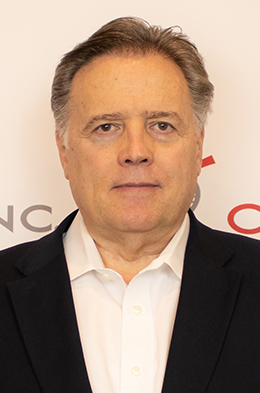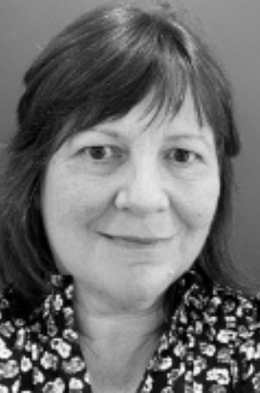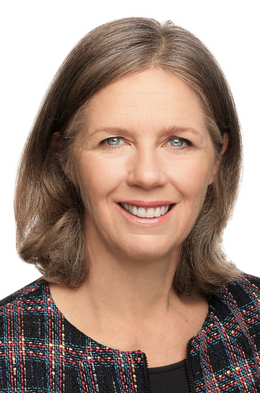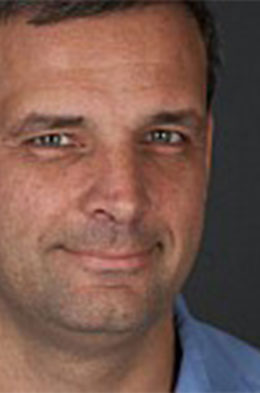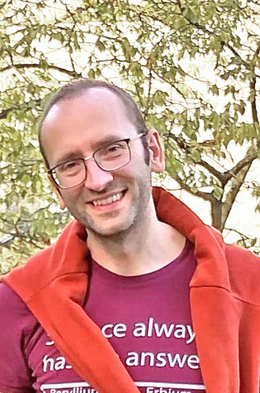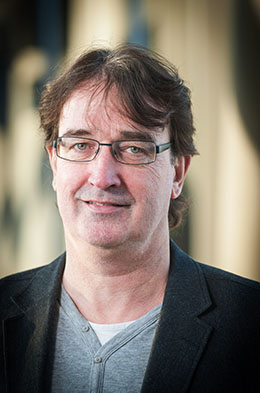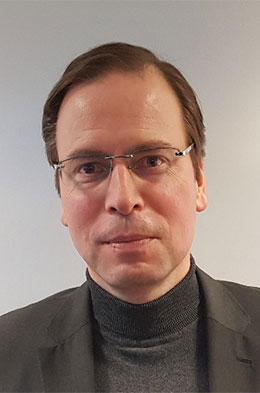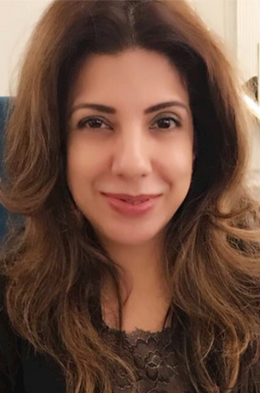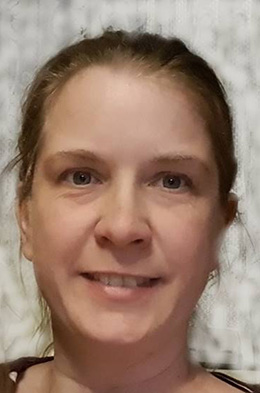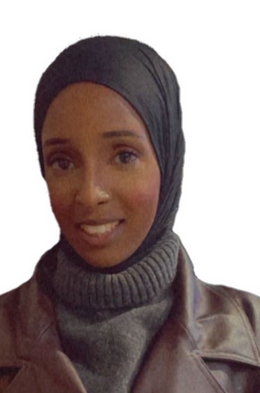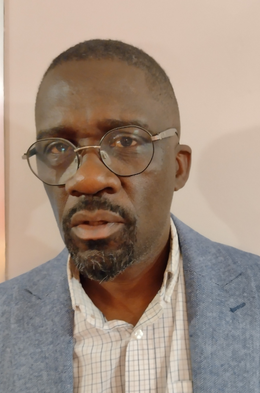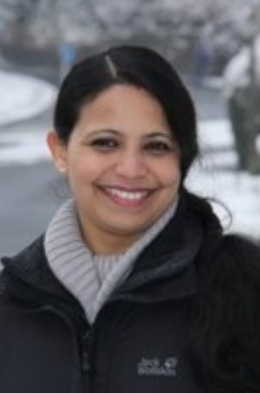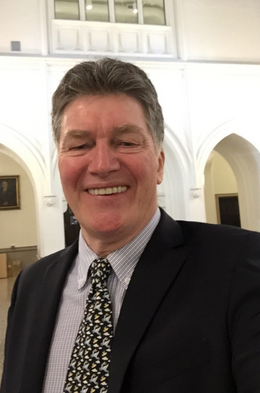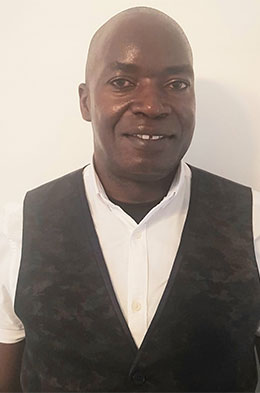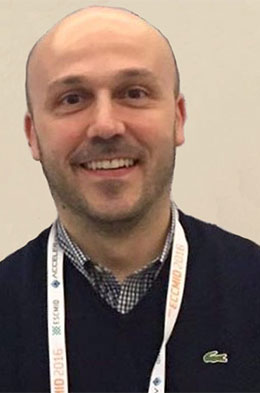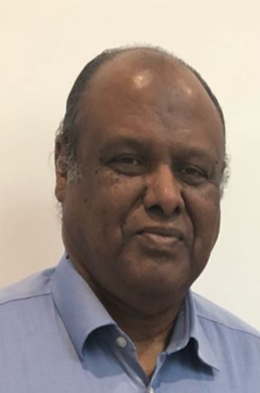Pedro Estrela is Professor of Biosensors and Bioelectronics at the Department of Electronic & Electrical Engineering and Director of the Centre for Biosensors, Bioelectronics and Biodevices (C3Bio) at the University of Bath. He has a background in Physics (degree and Masters from the University of Lisbon, PhD from the University of Amsterdam) and started working in the field of biosensors in 2000 (University of Cambridge until 2008 and University of Bath since 2008).
Prof. Estrela’s research focuses on the development of labelfree electrical, electrochemical and plasmonic biosensors for a wide range of applications such as medical diagnostics and environmental monitoring. He has over 150 peer-reviewed publications. He is an Associate Editor for the journals Biosensors & Bioelectronics, Scientific Reports, Sensors, Frontiers in Sensors and Advanced Devices & Instrumentation and Specialty Chief Editor in Frontiers in Lab on a Chip Technologies.




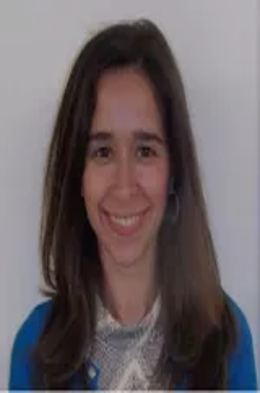
.png)
